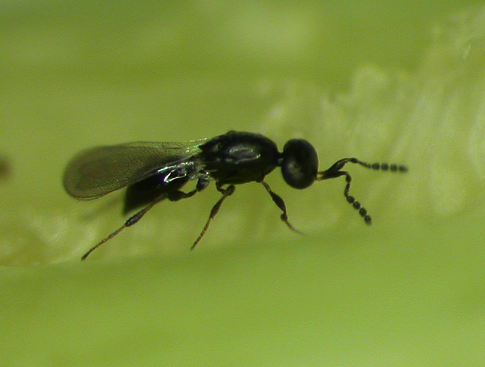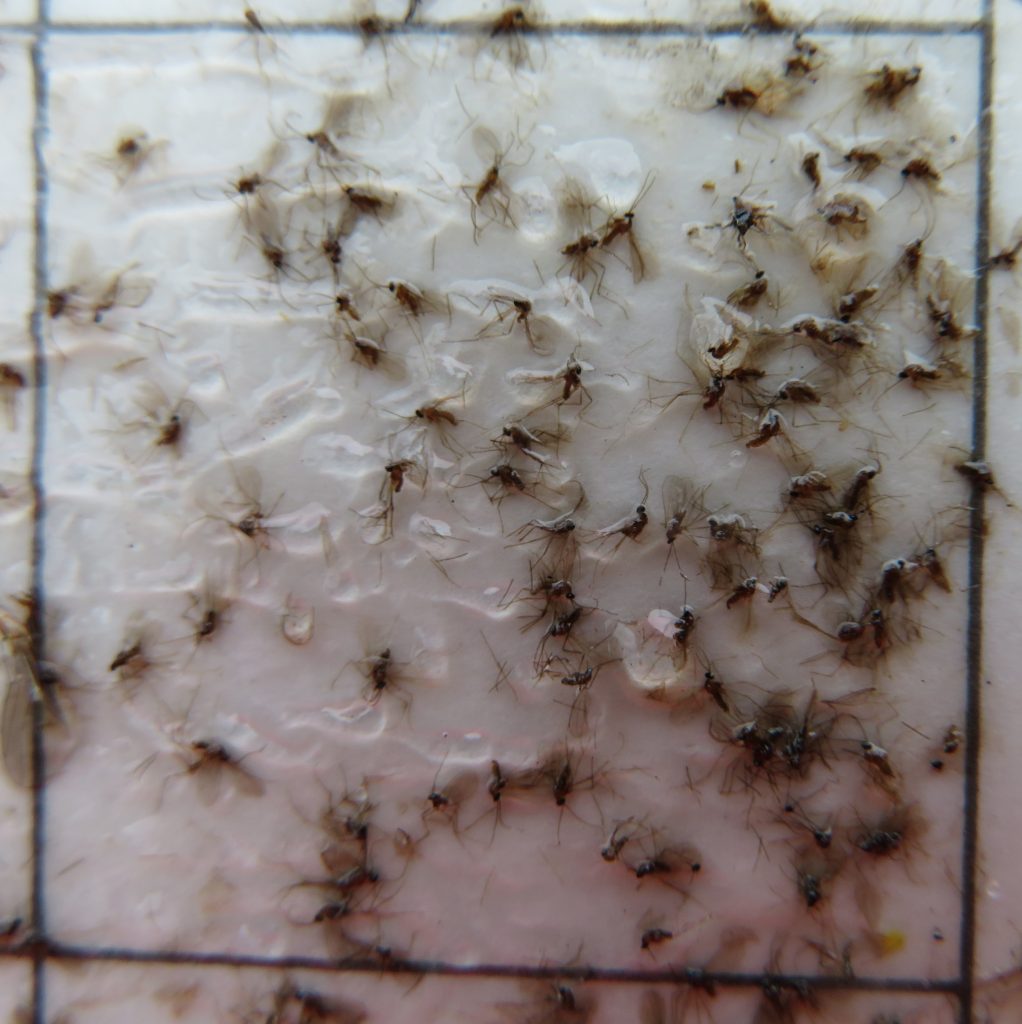Update on Clubroot in Ontario – Distribution and Symptoms in 2017

The results from a soil survey and on-farm experiences in 2017 have shown that clubroot is widespread across Ontario; it is present in nearly all canola growing regions. To date approximately 130 soil samples have been taken from fields with a history of canola, and clubroot was detected in 12 samples. In addition, clubroot infected […]





